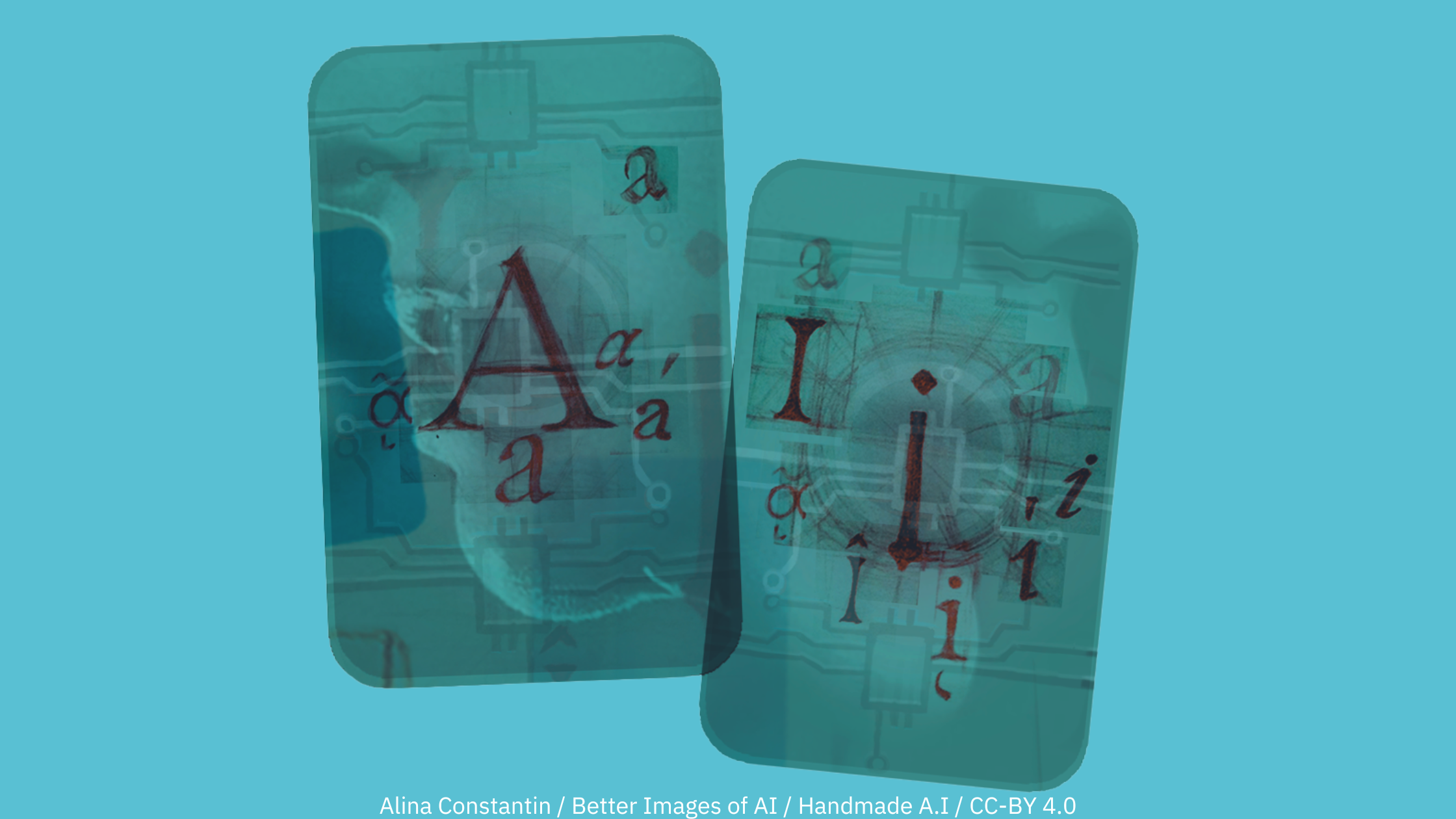
For artificial intelligence to work for everyone, a greater diversity of people must be involved
Critical AI literacy has never been more important.
We are a non-profit organisation working to
encourage, enable, and empower critical thinking about AI.
We aim to help more people make informed decisions about how they live with AI.
Projects we work on
Since the beginning of 2020 we have been exploring what diverse UK publics need to understand about AI in order to be able to hold AI decision making to account, and to contribute towards designing AI in the public interest. Our approach incorporates what we have learned through community and charity workshops, designing content for an online course about living with AI, developing and researching AI literacy frameworks, and working with universities and other partners on research projects, participatory design and public engagements.
Although the pace of change in AI can be a bit dizzying, the key principles people need to know remain the same, whether they are contributing to research or engagements, making consumer or employee decisions, or engaging in activism. However, there are currently no educational standards for general level competencies related to understanding what AI is and its impacts on society. Key principles and methods are often not identified, and there are many barriers which get in the way and create public misconceptions and confusing misdirection.
Could you work with us?
We are currently seeking support for our core projects, and can also work with others looking to improve communications and public understanding of AI systems and dilemmas. Some of the projects we are working on are:
- Advising organisations on better visual and narrative communications about AI
- Working with non-profits on cutting through AI hype, safeguarding their communities, and responsible approaches to AI adoption
- Designing community workshops to help demystify AI for non-technical people, and enable them to identify potential AI harms and use cases
- Supporting research projects by enabling more productive codesign and participatory research
- Advocating for AI literacy best practice collaboration
- Managing collaborations of partners converging on developing ways to improve mental models of AI
- Running the commissions of new visual representations of AI for the Better Images of AI library

The narratives used about AI are often:
COLD
MASCULINE
EXCLUSIONARY
WESTERN CENTRIC



